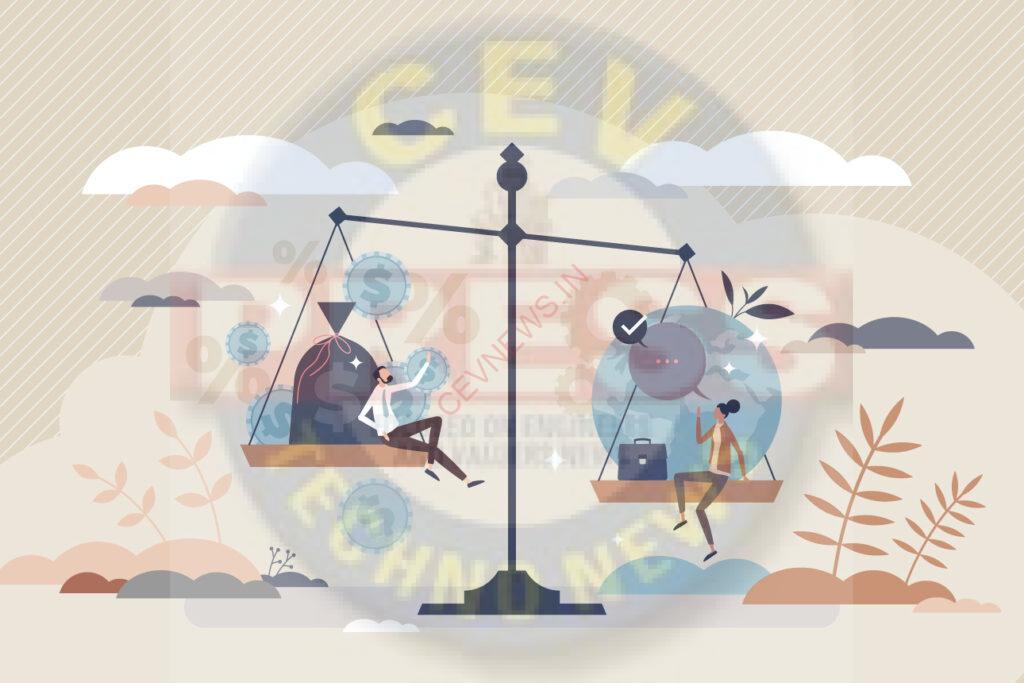ETHICAL RISK MANAGEMENT IN VALUATION ENGAGEMENTS
Ethical Risk Management in Valuation Engagements in India
Ethical risk management is crucial in valuation engagements to ensure transparency, accuracy, and integrity. This article delves into the key aspects of ethical risk management in the context of valuation engagements in India, addressing the challenges and providing recommendations for best practices.
Understanding Ethical Risk in Valuation
Definition and Scope
Ethical risk in valuation refers to the potential for unethical behavior, such as bias, conflict of interest, or manipulation of data, which can compromise the integrity and reliability of the valuation process. This risk is particularly pertinent in India, where valuation plays a critical role in various sectors, including real estate, corporate finance, and estate planning.
Key Ethical Risks
- Conflict of Interest: When valuers have personal or financial interests that could influence their judgment.
- Bias: Intentional or unintentional slanting of valuation outcomes to favor a particular party.
- Confidentiality Breaches: Unauthorized disclosure of sensitive information.
- Lack of Transparency: Failure to disclose valuation methodologies and assumptions clearly.
Regulatory Framework and Standards
Regulations in India
India has a robust regulatory framework to mitigate ethical risks in valuation. Key regulations include:
- The Companies Act, 2013: Mandates independent valuation for certain transactions to ensure fairness and transparency.
- SEBI Regulations: Securities and Exchange Board of India (SEBI) guidelines for listed companies require adherence to strict valuation norms.
- Valuation Standards by ICAI: The Institute of Chartered Accountants of India (ICAI) has issued valuation standards to guide professionals in maintaining ethical practices.
Professional Standards
Professional bodies, such as the ICAI and the Royal Institution of Chartered Surveyors (RICS), provide codes of conduct and ethical guidelines for valuers. These standards emphasize integrity, objectivity, and professional competence.
Best Practices for Ethical Risk Management
Independence and Objectivity
- Avoid Conflicts of Interest: Disclose any potential conflicts and, if necessary, recuse oneself from the engagement.
- Maintain Objectivity: Base valuations on verifiable data and sound methodologies, free from personal biases.
Transparency and Disclosure
- Clear Documentation: Provide detailed reports that outline valuation methods, assumptions, and limitations.
- Stakeholder Communication: Ensure that all relevant stakeholders understand the valuation process and outcomes.

Confidentiality and Data Security
- Protect Sensitive Information: Implement robust data security measures to prevent unauthorized access and breaches.
- Adhere to Confidentiality Agreements: Respect and uphold any confidentiality agreements with clients.
Continuous Professional Development
- Ongoing Education: Stay updated with the latest developments in valuation standards and ethical practices.
- Peer Review: Engage in peer reviews to validate valuation approaches and maintain quality control.
Challenges and Solutions
Challenges
- Market Pressures: Valuers may face pressure to deliver favorable valuations to secure business or client relationships.
- Complex Regulations: Navigating the complex regulatory environment can be challenging for professionals.
- Technological Advancements: Keeping up with advancements in valuation technology and data analytics requires continuous learning.
Solutions
- Strong Ethical Culture: Foster an organizational culture that prioritizes ethics and integrity.
- Regulatory Compliance: Stay informed and compliant with current regulations and standards.
- Leveraging Technology: Utilize advanced valuation tools and software to enhance accuracy and reduce manual errors.
Ethical risk management is integral to the credibility and reliability of valuation engagements in India. By adhering to regulatory standards, maintaining transparency, and fostering a culture of integrity, valuation professionals can effectively manage ethical risks and deliver accurate, trustworthy valuations. Continuous professional development and the use of technology further bolster the ethical framework, ensuring that valuation practices evolve in line with best practices and regulatory requirements.


